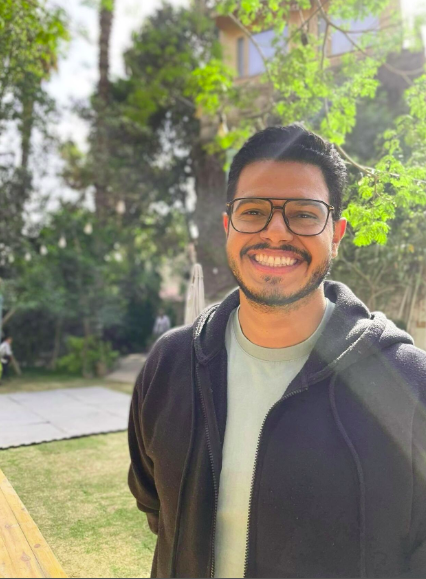Humans have been sending weird stuff into space in the name of science for decades. Whether it’s children’s slime, jellyfish or the salmonella virus, the low-gravity environment beyond the Earth’s atmosphere presents a host of opportunities for researchers to learn more about the properties of things found on earth.
It’s something Rheinmünster-based startup ATMOS is turning into a business, and the company has just raised €4m to make it happen.
What does ATMOS do?
ATMOS builds unmanned space transport capsules that can be used by customers for scientific research in low-gravity environments. These capsules are then attached to rockets — made by commercial launch partners — and fired into space, before floating back down to Earth.
ATMOS founder Sebastian Klaus says that his startup has already garnered a lot of interest from the biomedical industry, particularly in the field of stem cell research and drug development.
He explains how a low-gravity environment affects the way stem cells grow.
"When you take a petri dish and you put a couple of stem cells in there, what happens on Earth is they grow into a pancake because of gravity,” he explains. “If you do the same thing in microgravity, they grow into a three-dimensional little ball. These little balls are called organoids — they’re like mini-organs — and you can use them for drug testing.”
Klaus adds that these organoids allow pharma companies to test new medicines in the pre-clinical trial phase (before giving them to humans), reducing the need for animal testing and speeding up the drug development process.
While sending science into space isn’t cheap, ATMOS says it can offer the service three times cheaper than the current alternative — the International Space Station (ISS) — which currently charges €100k per orbit-bound kilo.
The company says it's on track to launch its first capsule by the end of 2024.
Who’s invested?
- High-Tech Gründerfonds — German seed-stage deeptech investor
- Amadeus APEX Technology Fund — a new deeptech fund combining expertise from Cambridge-based Amadeus Capital Partners and Vienna-based APEX Ventures
- Seraphim — London-based spacetech firm
- E2MC — Florida-based spacetech firm
- VENTIS — early-stage VC firm based in Munich
- another.vc — Berlin-based early-stage VC firm
What’s the market like?
ATMOS isn’t the only startup offering low-gravity services to the biomedical industry. Another one in Germany is Meckenbeuren-based Yuri, which offers customers the opportunity to conduct experiments in “mini-labs” on the ISS.
But ATMOS hopes that by working with smaller commercial space launch companies — like Rocket Factory Augsburg or ISAR Aerospace — it can offer a cheaper service.
It’s also offering a more flexible service than sending something all the way to the ISS, offering low-gravity services that last anywhere from three hours to three months.
It’s the latest startup to latch onto a growing interest in spacetech in Europe, and will benefit from an increasing number of potential launch partners as competition heats up on the continent.


